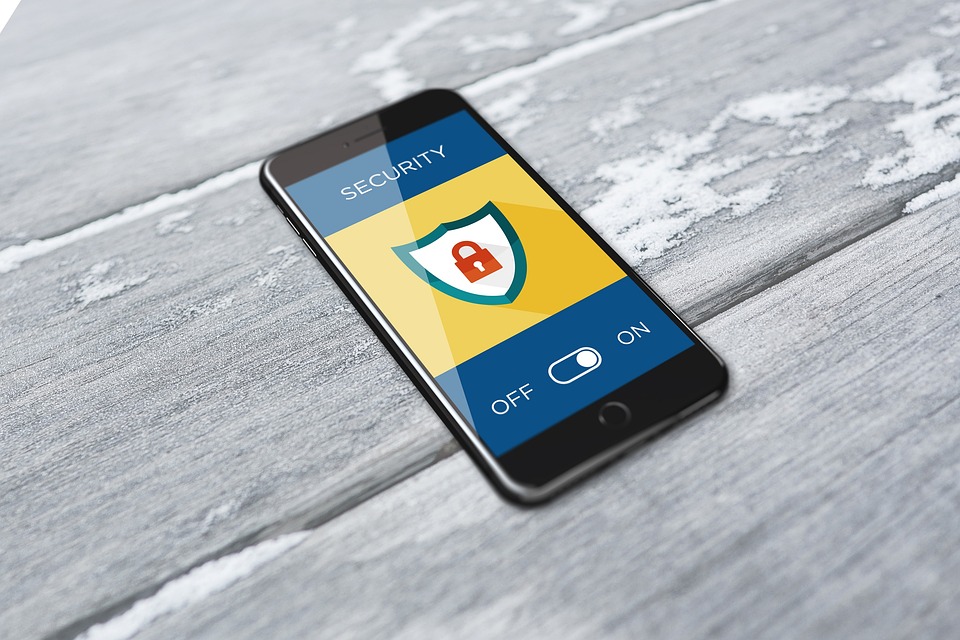Stay One Step Ahead of Cybercriminals: Essential Identity Theft Protection Measures
In today’s digital age, where personal information is constantly being shared and stored online, the threat of identity theft has become more prevalent than ever before. Cybercriminals are constantly finding new ways to exploit vulnerabilities and steal sensitive data for their own malicious purposes. Protecting your identity should be a top priority, and there are several essential measures you can take to stay one step ahead of these cybercriminals.
1. Use Strong and Unique Passwords
One of the simplest yet most effective ways to protect your identity is by using strong and unique passwords for all your online accounts. Avoid using common passwords such as “123456” or “password” and instead create complex passwords that include a combination of letters, numbers, and special characters. Additionally, make sure to use a different password for each account to prevent hackers from gaining access to multiple accounts if one password is compromised.
2. Enable Two-Factor Authentication
Two-factor authentication adds an extra layer of security to your online accounts by requiring you to provide an additional verification method, such as a fingerprint scan or a unique code sent to your mobile device, in addition to your password. This ensures that even if your password is compromised, hackers will still need access to the second factor to gain entry.
3. Be Cautious of Phishing Attempts
Phishing is a common tactic used by cybercriminals to trick individuals into revealing their personal information. These attacks often come in the form of fraudulent emails or websites that appear to be legitimate. To protect yourself, always double-check the URL of a website before entering any sensitive information, and be wary of suspicious emails asking for personal details or login credentials.
4. Regularly Update Your Software
Software updates often include important security patches that fix vulnerabilities that cybercriminals may exploit. By regularly updating your operating system, web browser, and other software applications, you can ensure that you have the latest security measures in place to protect your identity.
5. Monitor Your Credit and Bank Statements
Regularly monitoring your credit reports and bank statements is crucial for detecting any unauthorized activity that may indicate identity theft. Keep an eye out for unfamiliar transactions, new accounts opened in your name, or any other suspicious activity. If you notice anything unusual, report it immediately to your bank or credit card company.
6. Use Secure Wi-Fi Networks
When accessing the internet in public places, such as coffee shops or airports, be cautious about connecting to unsecured Wi-Fi networks. These networks can be easily compromised by cybercriminals, allowing them to intercept your data. Whenever possible, use a virtual private network (VPN) to encrypt your internet connection and ensure the security of your personal information.
7. Shred Sensitive Documents
Identity theft doesn’t just happen online. Physical documents containing personal information can also be targeted by criminals. To protect yourself, make sure to shred any sensitive documents, such as bank statements, credit card offers, and old bills, before disposing of them. This will prevent dumpster divers from retrieving your personal information.
FAQs
Q: What is identity theft?
A: Identity theft refers to the fraudulent acquisition and use of someone else’s personal information, such as their name, social security number, or credit card details, without their consent.
Q: How can strong passwords help protect against identity theft?
A: Strong passwords are harder for cybercriminals to guess or crack, making it more difficult for them to gain unauthorized access to your online accounts and steal your personal information.
Q: What should I do if I suspect I am a victim of identity theft?
A: If you suspect you are a victim of identity theft, you should immediately contact your bank or credit card company to report the unauthorized activity. You should also file a report with your local police department and consider placing a fraud alert on your credit reports.
Q: Can I prevent all instances of identity theft?
A: While taking the necessary precautions can significantly reduce the risk of identity theft, it is impossible to prevent all instances. However, by staying vigilant and following the essential protection measures, you can greatly minimize your chances of falling victim to cybercriminals.
For more information on protecting yourself from identity theft, check out this helpful resource.











